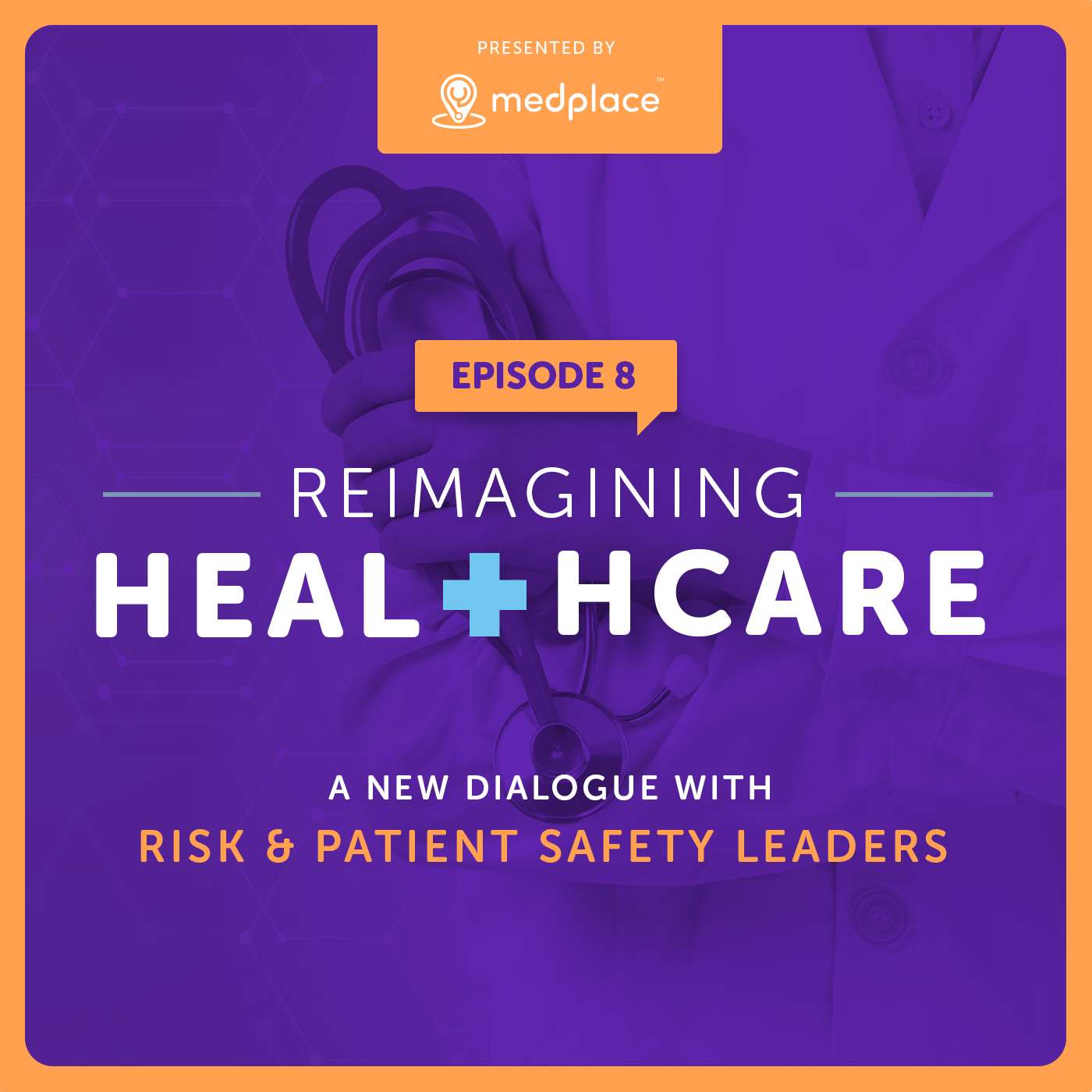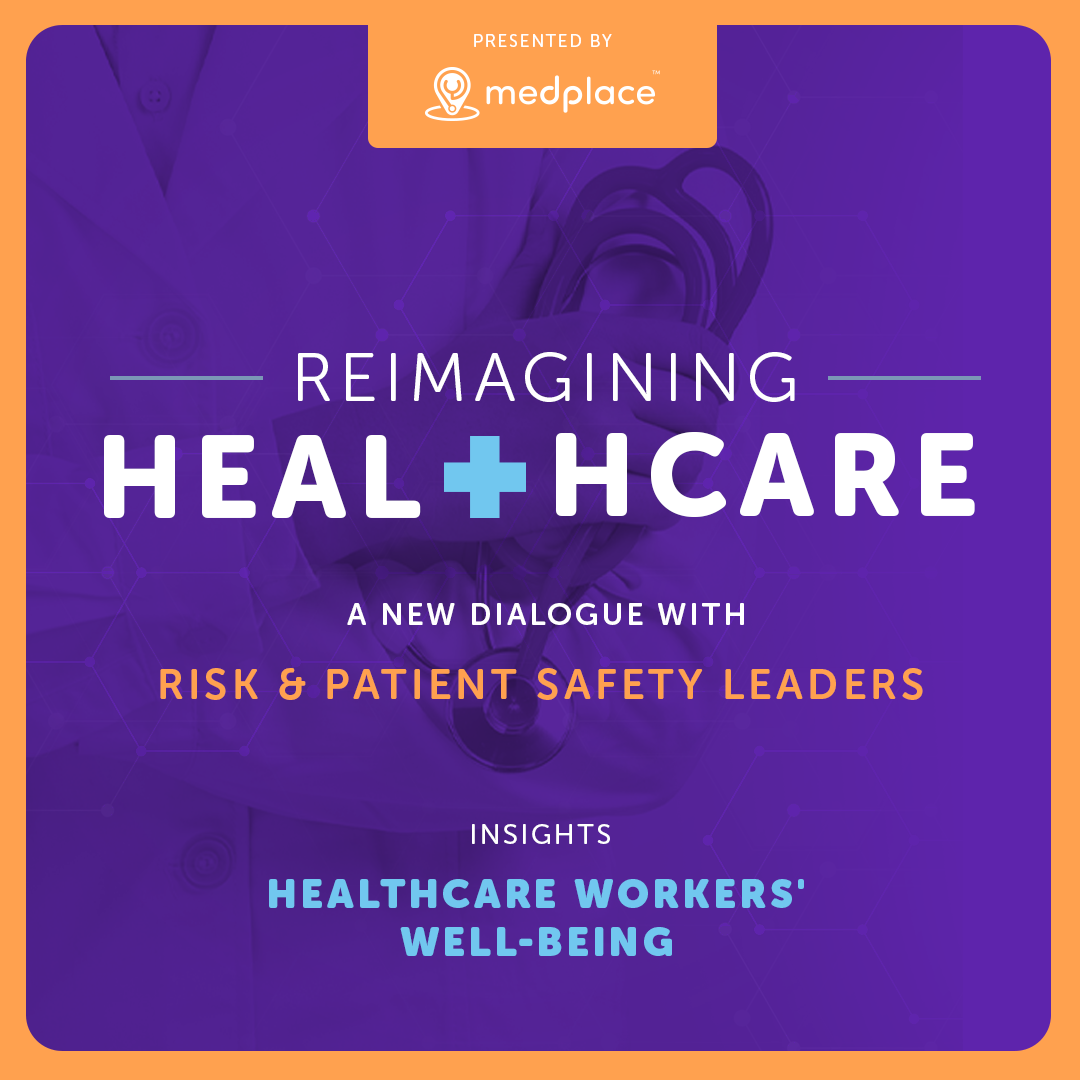Related Resources
Embracing Technology-Driven Medical Peer Review for Rural Hospitals
External peer review improves patient safety in hospitals affordably. Read on to learn how two hospitals implemented Medplace and enhanced ...
Enhancing Patient Safety In Rural Hospitals Through External Peer Review
In the resource-constrained rural care setting, all safety measures count. Learn how external peer review helps enhance care quickly and af...
Healthcare Worker Well-Being Insights
Podcast recap: an overview of healthcare well-being, the impact of burnout on nurses, how a 'buddy system' can help, and the road ahead for...






